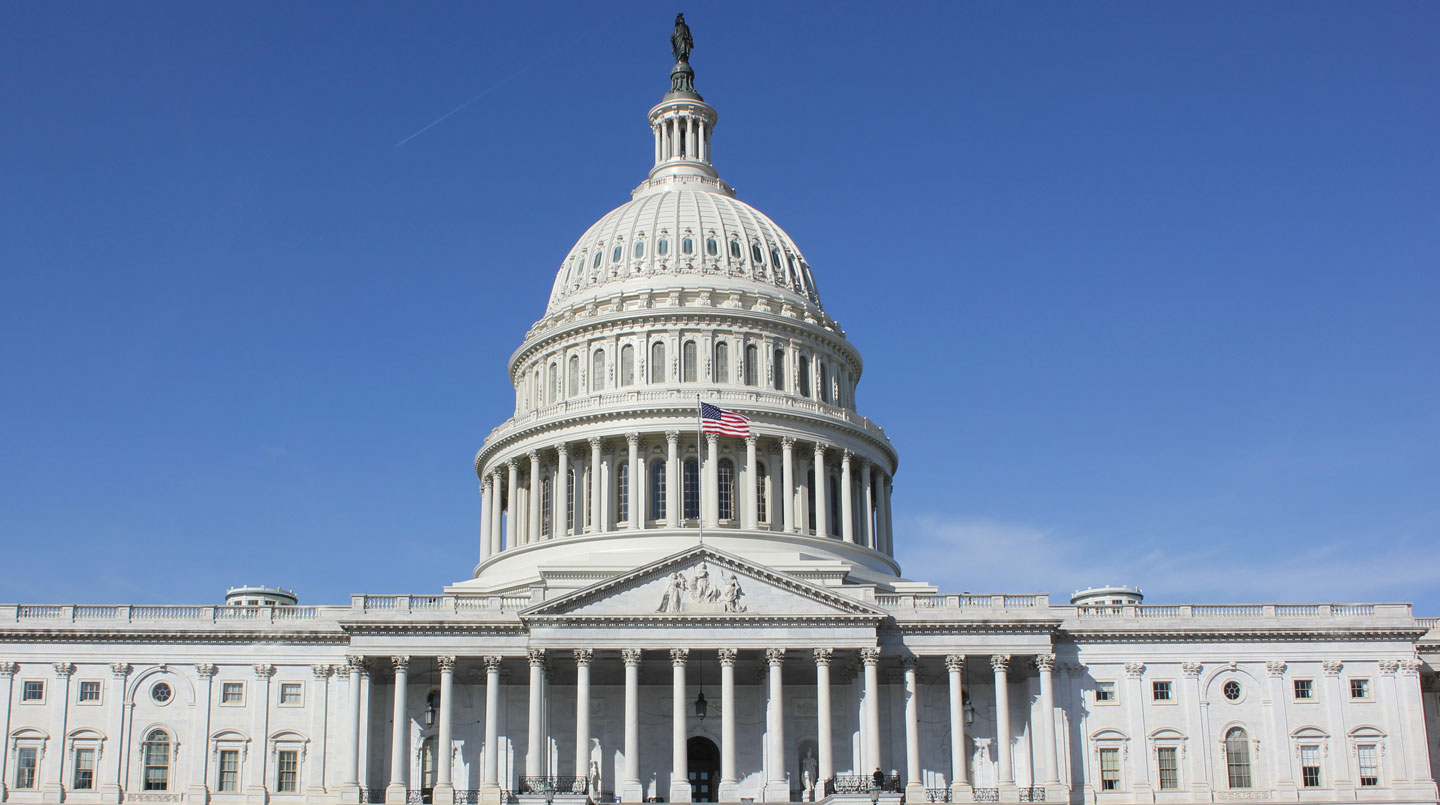Author: Samuel Postell
-
Republican governors sign letter opposing ESG investing in state pension plans

Nineteen Republican governors signed a letter on March 16, 2023, calling for state-level action to oppose the consideration of environmental, social, and corporate governance (ESG) factors in the investment-related decisions of state pension plans. The letter aimed to respond to President Joe Biden’s (D) stated intent to veto a Congressional Review Act (CRA) resolution that…
-
Ohio seeks to implement Medicaid work requirements

Ohio Governor Mike DeWine (R) on July 4, 2023, signed a two-year state budget that seeks to implement work requirements for Medicaid recipients. The state budget requires the director of the Ohio Department of Medicaid to apply for a Section 1115 waiver from the Centers for Medicare and Medicaid Services (CMS). The waiver, if approved…
-
Georgia establishes work requirements to expand Medicaid coverage

Georgia became the only state to have a Medicaid work requirement in place when Georgia Pathways took effect on July 1, 2023. The work requirement policy, announced by the Georgia Department of Community Health (DCH) on July 5, 2023, expands Medicaid coverage to people below the Federal Policy Level (FPL) who complete certain work-related activities. …
-
District court finds Affordable Care Act preventative healthcare provision unconstitutional

The United States District Court for the Northern District of Texas on March 30, 2023, issued a ruling in Braidwood Management v. Becerra striking down a provision of the Affordable Care Act (ACA) that requires private health insurance plans to cover preventative healthcare services without patient cost-sharing. Braidwood Management sued the U.S. Department of Health…
-
Gov. Maura Healey (D) ends COVID-19 public health emergency and vaccine mandate in Massachusetts (2023)

Massachusetts Gov. Maura Healey (D) on March 15, 2023, announced that Massachusetts’ COVID-19 state public health emergency will end on May 11, 2023, to align with the end of the federal public health emergency. The governor also announced that on May 11 she plans to rescind state Executive Order 595, which requires all executive branch…
-
Texas alleges Biden administration unlawfully enacted 2023 federal budget

Texas Attorney General Ken Paxton (R) on Feb. 15, 2023, filed a lawsuit in the U.S. District Court for the Northern District of Texas challenging the Consolidated Appropriations Act (CAA) of 2023, arguing in part that certain CAA provisions violate state sovereignty and that Congress unlawfully passed the law without a quorum of members present.…
-
Democratic attorneys general sue Biden administration over FDA abortion pill regulation

A group of 12 Democratic state attorneys general filed a lawsuit in the United States District Court for the Eastern District of Washington against the Food and Drug Administration (FDA) on Feb. 23, 2023, arguing that the agency’s regulations on the abortion-inducing drug mifepristone violate state sovereignty by limiting the ability of states to provide…
-
Texas sues Biden administration over guidance to pharmacies on providing abortion-inducing drugs

Texas Attorney General Ken Paxton (R) on February 7, 2023, filed a lawsuit in the U.S. District Court for the Western District of Texas challenging July 2022 guidance issued by the U.S. Department of Health and Human Services (HHS) that, according to Paxton, violates state sovereignty by seeking “to require pharmacies that receive Medicare and…
-
Wisconsin ballot measure to ask voter opinion on work requirements for welfare programs

The Wisconsin State Legislature on January 19 approved a ballot measure for the April 4, 2023, election that asks voters whether what the measure refers to as able-bodied, childless adults should be required to search for work in order to receive taxpayer-funded welfare benefits. The ballot measure, introduced by Senate Majority Leader Devin LeMahieu (R)…

